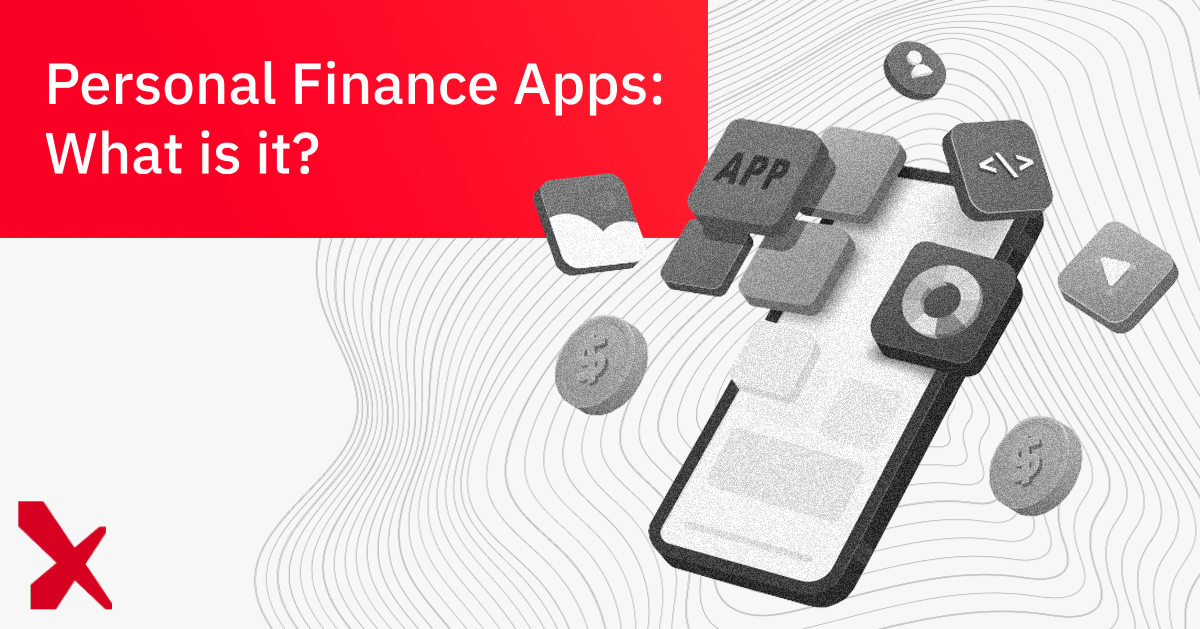Trading Signals 05/02 – 09/02
Personal Finance Apps : What is it?

Personal finance applications, often known as budgeting apps, provide a holistic view of an individual’s financial health, going beyond mere bank transactions. These versatile tools cater to various needs, from tracking expenses and savings to investments and tax preparations. They seamlessly integrate with financial accounts, categorizing expenses, and offering insights like spending reports and credit score updates. Whether you’re aiming for simple budgeting or advanced investment strategies, these apps empower users to make informed financial decisions.
Why Do People Use Personal Finance Apps?
The primary motivations for using personal finance apps include the desire to save more effectively, better manage finances, and be prepared for unforeseen financial challenges. These apps assist users in becoming more financially savvy, pinpointing areas where they might be overspending, and identifying opportunities to save.
Furthermore, making a budget and adhering to it are two distinct tasks, and it can often be challenging to maintain a spending plan. A significant number of people find it tough to meet their financial obligations if their paycheck were delayed even by a week.
Personal finance apps promise convenience and simplicity in managing money. They can sync with bank and credit card accounts, helping users track spending and manage their finances virtually anywhere. The primary function of these apps is to help users establish a feasible budget based on their regular income and expenditure.
Some of the functionalities offered by these apps include:
- Tracking Spending: Apps that link to checking or credit card accounts can automatically record new purchases and other debit transactions.
- Bill Payments: Some apps allow users to automate bill payments each month.
- Due Date Tracking: This feature can help users avoid late or missed bill payments.
- Saving Towards Financial Goals: Some apps have features that enable users to set up savings “buckets” and schedule automatic deposits or transfer unspent money into a savings account.
The main idea behind these apps is to provide users with control over their money while ensuring simplicity and convenience. They offer a comprehensive view of one’s finances, making it easier to strategize and achieve financial goals. For instance, apps that link to various financial accounts can provide a complete snapshot of one’s finances at any given time, which is beneficial for those working on debt reduction or tracking net worth.
In essence, personal finance apps are not just about budgeting; they offer a holistic approach to managing one’s financial life, ensuring that users are always in the know about their financial status and can make informed decisions.
Popular Apps in the Market
The personal finance app market is teeming with options, each catering to different financial needs. Here’s a brief overview of some of the most popular ones:
Mint: A highly-rated app known for its comprehensive financial tools. It syncs with various accounts, tracks expenses, sets budgets, and even provides insights into credit scores and net worth. Mint is suitable for both novices and seasoned money managers due to its ease of use and detailed financial overviews.
YNAB (You Need A Budget): This app follows the zero-based budgeting system, prompting users to allocate every dollar they earn. It’s designed for those who prefer a hands-on approach to budgeting. YNAB offers extensive educational resources to help users understand the app and the budgeting process.
EveryDollar: A simpler alternative to YNAB, EveryDollar offers a straightforward zero-based budgeting framework. In its free version, users manually enter transactions, categorize budget items, and set bill payment reminders. A premium version offers additional features, including account syncing.
Personal Capital: While not detailed in the provided sources, Personal Capital is known for its wealth management tools. It offers a comprehensive dashboard that gives users an overview of their investments, savings, and spending patterns.
Each of these apps has its unique features and functionalities, catering to different user preferences and financial goals. When choosing an app, it’s essential to consider individual financial needs and how hands-on one wants to be with their budgeting process.
Wrap Up
Personal finance apps have revolutionized the way individuals manage their finances, offering tools that go beyond mere transaction tracking. From helping users stick to their budgets, offering insights into spending habits, to providing a comprehensive view of one’s financial health, these apps cater to a myriad of financial needs.
With a plethora of options available in the market, each with its unique features, it’s essential for users to choose the one that aligns with their financial goals and preferences. As the fintech sector continues to evolve, these apps will undoubtedly play a pivotal role in shaping the future of personal financial management.
Oil: A Review of Early 2024
China’s Economy: Early 2024
Simple Strategy for Beginner Traders

